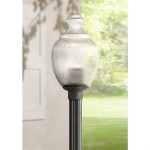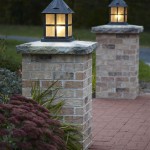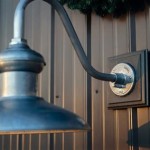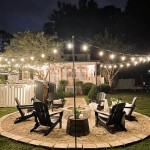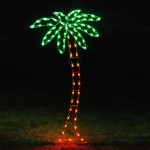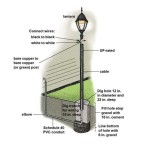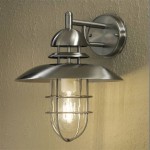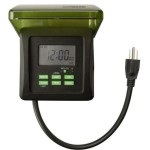Can I Use Any Light Bulb Outdoors?
When it comes to outdoor lighting, there are several essential aspects to consider, as not all light bulbs are suitable for outdoor use. Factors such as weather resistance, durability, and energy efficiency play crucial roles in determining the performance and longevity of outdoor light bulbs.
This article delves into the essential aspects that must be taken into account when selecting light bulbs for outdoor use. By understanding these factors, homeowners and professionals can make informed decisions that ensure optimal performance and longevity of their outdoor lighting systems.
Essential Aspects of Can I Use Any Light Bulb Outdoors
1. Weather Resistance
Outdoor light bulbs are exposed to various weather conditions, including rain, snow, wind, and extreme temperatures. To ensure durability and prevent premature failure, bulbs should have adequate weather resistance ratings. Look for bulbs with IP (Ingress Protection) ratings of IP65 or higher, indicating protection against dust and water.
2. Durability
Outdoor light bulbs are often subjected to physical impacts, such as being knocked over or hit by objects. Bulbs with robust construction and shatter-resistant materials are essential to withstand these stresses. Consider bulbs with impact-resistant polycarbonate or acrylic lenses for added durability.
3. Energy Efficiency
Outdoor lighting can contribute significantly to energy consumption. Choosing energy-efficient bulbs, such as LED bulbs, can reduce operating costs and minimize environmental impact. LED bulbs consume less energy while providing comparable or even brighter illumination.
4. Light Output and Color Temperature
The light output and color temperature of outdoor bulbs affect the visibility and ambiance of the surrounding area. High lumen output bulbs provide brighter illumination, while lower lumen bulbs create a more subdued effect. Color temperature, measured in Kelvins, ranges from warm (2700-3000K) to cool (5000-6500K). Choose bulbs with appropriate light output and color temperature to suit the specific application.
5. Fixture Compatibility
Ensure that the light bulb you choose is compatible with the outdoor fixture it will be used in. Consider factors such as base type (e.g., E26, E12), voltage, and wattage. Using incompatible bulbs can result in poor performance or even damage to the fixture.
6. Safety
Outdoor light bulbs should meet safety standards and regulations. Look for bulbs that have undergone rigorous testing and carry appropriate safety certifications, such as UL (Underwriters Laboratories) or ETL (Electrical Testing Laboratories).
7. Aesthetic Considerations
In addition to the essential aspects discussed above, aesthetic considerations can also influence the choice of outdoor light bulbs. Bulbs with decorative filaments or unique shapes can enhance the overall design and ambiance of the outdoor space.
Conclusion
Understanding these essential aspects is crucial for selecting the right outdoor light bulbs. By considering weather resistance, durability, energy efficiency, light output, fixture compatibility, safety, and aesthetics, homeowners and professionals can ensure optimal performance, longevity, and a visually appealing outdoor lighting system.

Can I Use This Bulb Outside 1000bulbs Blog

Can I Use This Bulb Outside 1000bulbs Blog

Best Outdoor Lighting Bulbs Of 2024

How To Choose The Best Outdoor String Lights

Can I Use This Bulb Outside 1000bulbs Blog

Are Led Bulbs Good For Outdoor Use Blog Lucas

Outdoor Light Bulbs Yard Envy

Feit Electric 120 Watt Equivalent Par38 Outdoor Dimmable Cec Title 20 90 Cri E26 Medium Base Flood Led Light Bulb Daylight 5000k Par38dm 1400 950ca The Home Depot

Better Homes Gardens 15 Count Shatterproof Edison Bulb Outdoor String Lights With Black Wire Com

Indoor And Outdoor Light Bulbs Pacific Lamp Supply Company
